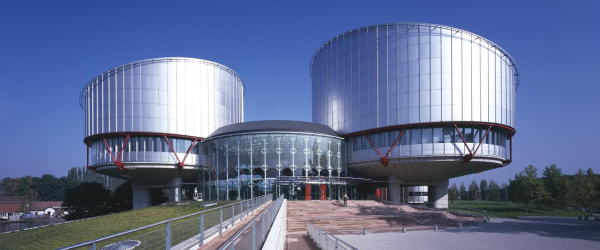
Art cannot exist without freedom. And where freedom exists, art experiments must be allowed – experiments more or less in line with expectations and what viewers of art are accustomed to. There must be an acceptance of searching, allowing not only for wandering the “dirt track” where nobody has ever seen art, along with scandals where art has long been present. However, everything has its limits. Even the freedom of art. For art, these flexible limits set out the aesthetic canons of the era and the boundaries of law. The aesthetic canons protect the sensitivity of art viewers, while the law protects other values, recognised by the law as more important than the freedom of creativity. If these canons and values are breached by art, then the boundaries within which it is allowed are described by law and set out by the courts of law.







